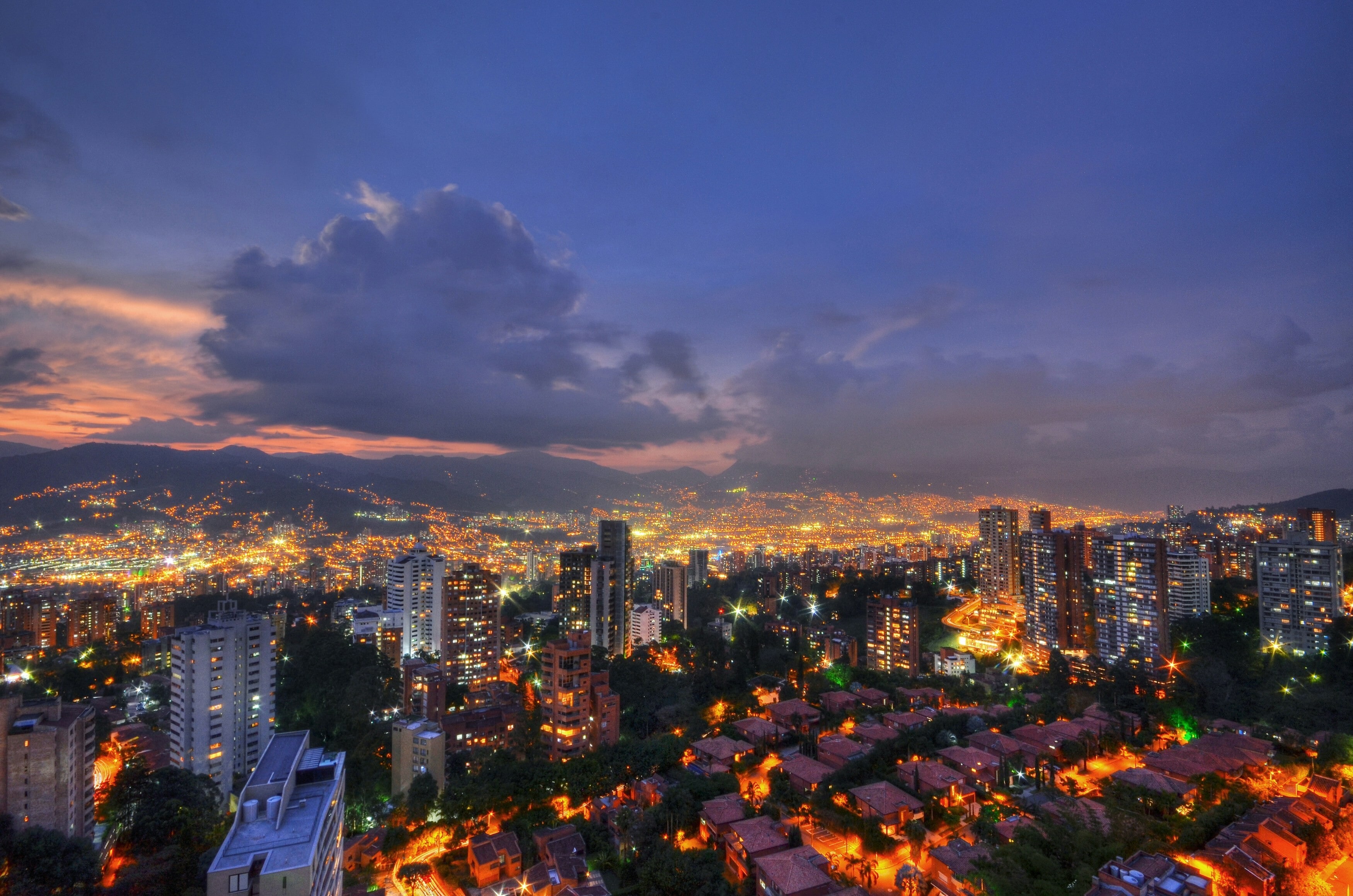These are the most expensive cities to live and work in

Which city costs residents £80,777 a year?
Image: REUTERS/Paul Hackett
Stay up to date:
Cities and Urbanization
London has been ranked the most expensive city to live and work in, with accommodation in the United Kingdom’s capital costing more than twice as much as in Los Angeles and Sydney.
The estate agent Savills has compared the total annual cost of renting homes and office space per person, creating a list of the world’s 20 most expensive cities.
London, where it costs £80,777 per person per year, has topped the list since June 2014.

A quarter of the top 20 most expensive cities are in the United States, with New York (at a yearly cost of over £79,000) coming in just behind London.
Overall, the average cost of home and office accommodation per person per year across the top 20 cities is £40,641, with Rio de Janeiro being the most affordable.
Savills’ index is aimed at giving employers an idea of the cost of accommodating an employee in cities around the world. Head of World Research at Savills, Yolande Barnes, says: “The productivity of cities and their value to global businesses clearly has a pronounced effect on demand and hence rental costs.”
The highest-ranking cities for productivity, such as London and New York, are also the most expensive to live and work in. Barnes notes that arguably they could be achieving fair prices in relation to their global city scores. The index also highlights the development of smaller cities, such as Berlin and Dublin, which are “fast moving into the realm of world-class city status and competing with the giants in a new digital age”.
Cities must keep developing their supply of both office space and residential accommodation to keep up with demand.
Barnes adds: “World cities can become a victim of their own success when rents rise to the point where affordability becomes an issue.”
Savills wants to see an increase in supply of high-quality workspace, noting that this will be a crucial development for emerging cities such as Rio de Janeiro, Mumbai and Lagos.
These office spaces don’t need to be “international architectural-style, plate glass fronted offices”. Small-scale, informal and local buildings are appropriate for the majority of workspaces across the globe, Savills argues.
The estate agent highlights a major challenge facing global cities: “Growth without social, economic or environmental loss is perhaps one of the biggest challenges facing our world cities today.”
Don't miss any update on this topic
Create a free account and access your personalized content collection with our latest publications and analyses.
License and Republishing
World Economic Forum articles may be republished in accordance with the Creative Commons Attribution-NonCommercial-NoDerivatives 4.0 International Public License, and in accordance with our Terms of Use.
The views expressed in this article are those of the author alone and not the World Economic Forum.
Forum Stories newsletter
Bringing you weekly curated insights and analysis on the global issues that matter.
More on Urban TransformationSee all
Charlotte Edmond and Rebecca Geldard
August 19, 2025
Luis Antonio Ramirez Garcia
August 11, 2025
Michael Fröbel and Stanislas Hillen
August 8, 2025
Jeff Merritt and Vivian Brady-Phillips
July 25, 2025






